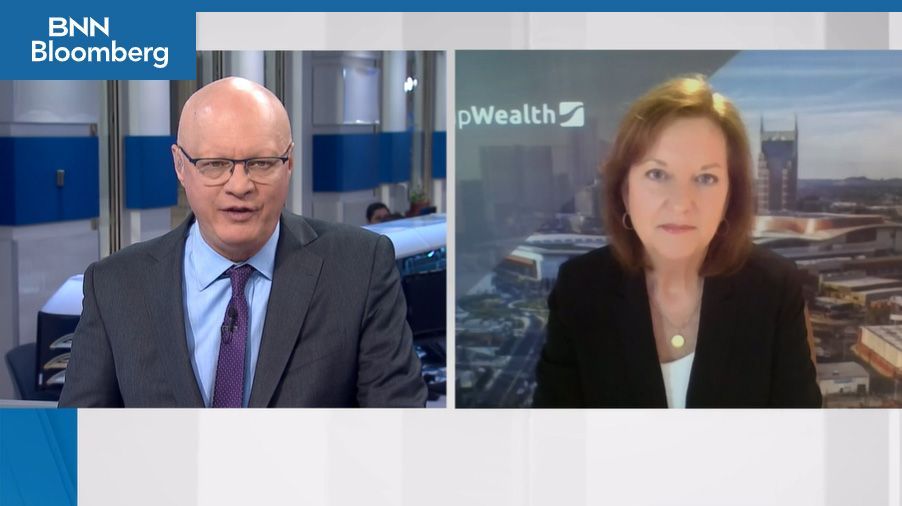5 financial skills teens need
August 11, 2017
From age 13 through 18, teenagers should open their eyes to essential adult financial concepts like keeping track of money, investing, understanding business basics, handling credit, and talking to a banker or adviser.
How to keep track of money:
Once children earn or save a reasonable amount of money, it is probably time to open a checking account for them at your bank. With the widespread availability of online banking, your children can always know the exact amount in their bank account.
Most banks today have real-time processing so your financial fledgling can access real-time balances, and we know it can take mere minutes for money to fly through kids’ hands!
How to invest:
Unfortunately, most school systems don’t allocate much time in their curriculum on sophisticated economic concepts like investing. So the burden of teaching this lies with you as parents. Make sure your teens understand the basic types of investments such as stocks, bonds, mutual funds and real estate.
Teens should understand that every investment comes with a certain amount of risk; the higher the potential earnings on an investment, the higher the risk. To mitigate the risk of losing money due to a dip in one of your child’s investments, teach them the essential concept of diversification. To practice these concepts, play a virtual investing game like smartstocks.com with them.
Understanding business basics:
It’s important for your teens to understand how a business runs. From managing the inflow and the outflow of costs to monthly budgeting and earning a profit, there are a host of factors that affect the success of a business.
Again, I’ll suggest a simulated business model that your teens can play on the computer. Look at simulations like Business Tycoon, WeWaii, or even business-related games on the Big Fish Games website. Always oversee your kids as they play these games and try them for yourself before deciding if they are appropriate for your children. Make running a business fun and entertaining!
How to handle credit:
A huge caveat is needed here: if your child has a difficult time controlling their spending already, consider waiting to introduce them to using a credit card. If you’re confident your child can manage one and they have mastered responsibility over their checking account, sit them down for a serious talk first and foremost.
Point out that credit cards are how most people get into serious financial debt. Illustrate what happens when credit is not repaid in a timely manner — not only are 15 percent interest rates killer, but it could affect their ability to get a loan for a car or a house in the future. Establish strict guidelines about credit card use. For example, credit can only be used when purchasing necessities like gasoline and they can only use it when they have that amount in checking. Further, establish that every time they make a purchase with their card, they pay the balance immediately. This will deter an “I’ll pay it later” attitude that gets kids in trouble every time. Finally, monitor, monitor, monitor their credit use!
How to talk to a banker/adviser:
Bring your kids with you to the bank or your next meeting with your financial adviser. This will help them become familiar with how to talk about finances.
Most children will not need to know how to buy and sell securities for their own portfolios, but they will, most likely, meet with financial professionals throughout the balance of their life.
By allowing older teenagers to tag along and observe your financial meetings, your children will begin to understand the importance of financial responsibility. Allow them to get a holistic view of what adult finances look like and encourage them to ask questions. These advisers and bankers could be part of child’s future financial success, so get your kids comfortable with approaching them now so that they may carry this with them in the future.
These are just a few things that children should be prepared to handle financially as they get older. Empower them to be good stewards of wealth. Be a financial role model in their lives and set them up for great success.
Phoebe Venable, chartered financial analyst, is president and COO of CapWealth Advisors, LLC. Her column on women, families and building wealth appears every other Saturday in The Tennessean.













